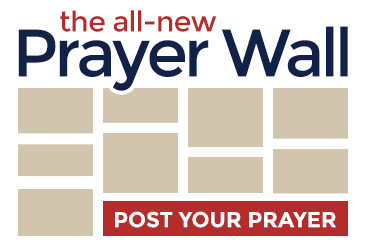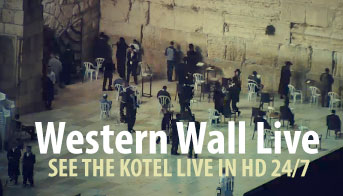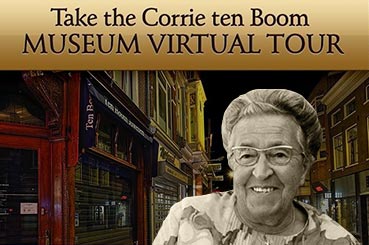
This year, the celebration of Sukkot begins at sundown on Sunday, October 16 and lasts through sundown on Sunday, October 23.
“Also on the fifteenth day of the seventh month, when you have gathered in the fruit of the land, you shall keep the feast of the LORD for seven days; on the first day there shall be a sabbath-rest, and on the eighth day a sabbath-rest. And you shall take for yourselves on the first day the fruit of beautiful trees, branches of palm trees, the boughs of leafy trees, and willows of the brook; and you shall rejoice before the LORD your God for seven days. You shall keep it as a feast to the LORD for seven days in the year. It shall be a statute forever in your generations. You shall celebrate it in the seventh month. You shall dwell in booths for seven days. All who are native Israelites shall dwell in booths, that your generations may know that I made the children of Israel dwell in booths when I brought them out of the land of Egypt: I am the LORD your God.” —Leviticus 23:39-43
The Jewish feast of Sukkot (also known as the Feast of Booths or Tabernacles) is the final feast of the seven God commanded His people to observe, and the last of the three pilgrim feasts where people went to Jerusalem to celebrate. Unlike the preceding solemn observance of Yom Kippur, the Feast of Tabernacles is a festive event—a time of great celebration and joy for all the people. It is observed with special meals, gift giving and singing.
Jewish people build temporary structures, roofed by organic material like branches and leaves. The tradition is that meals are eaten in the sukka during the festival, and often if the weather is good people will sleep in them. The roof is supposed to be built in such a way that it is possible to see the stars through it. All of these are reminders of the years spent wandering before Israel entered the Promised Land.
This feast is a remembrance of the way God cared for the Children of Israel during those years. Though they had no permanent homes they were guarded and sheltered by God. Sukkot was also a reminder that God had come down to dwell among His people—the Shekinah glory that filled the Tabernacle as the people traveled was a visible symbol of His presence.
The people were to make tabernacles or booths, which were temporary dwellings they would use for a week to remind them of how God had worked in the past…and what they could expect Him to do in the future. Sadly, the keeping of this feast disappeared after the death of Joshua. There were very few copies of the Law available and as the nation grew and spread, the people forgot many of the things that God had commanded. Throughout the time of the various kings the Feast of Tabernacles was not observed. During the restoration under Ezra and Nehemiah, the Law of Moses was found and read to the people and they revived the celebration of Sukkot.
There is a lovely picture of Jesus in this feast as well. The Bible says, “And the Word became flesh and dwelt among us, and we beheld His glory, the glory as of the only begotten of the Father, full of grace and truth” (John 1:14).
“And the Word became flesh and dwelt among us, and we beheld His glory, the glory as of the only begotten of the Father, full of grace and truth.”
—John 1:14
The Greek word translated “dwelt” is skenoo, which means to live in a tabernacle or tent. Jesus had no permanent and lasting home once He began His ministry. Instead, He moved among the people, bringing them the Good News of the Kingdom of God.
Sukkot has an important cultural heritage for us in our day. The American tradition of Thanksgiving traces back to the Pilgrims who celebrated the bountiful harvest of their second year in the New World. Their first winter had been one of great suffering and hunger, but the good harvest ensured there would be food enough for everyone to survive. That first celebration of the Pilgrims was based on the ancient harvest feast of the Israelites—the Feast of Tabernacles.
This feast is also a reminder to us that we have not yet reached our permanent home. Just as the Israelites wandered through the wilderness for many years, we are only passing through this Earth on the way to Heaven. The writer of Hebrews said: “So Jesus also suffered outside the gate in order to sanctify the people through his own blood. Therefore let us go to him outside the camp and bear the reproach he endured. For here we have no lasting city, but we seek the city that is to come” (Hebrews 13:12-14).
Finally, Sukkot is a testimony to the promise of the Lord to return. One day, our wandering will be over, and when He comes to claim His own, we will enter our permanent and lasting home and leave our tabernacles behind. Paul reminds us that on that day, “so shall we ever be with the Lord” (1 Thessalonians 4:17).






